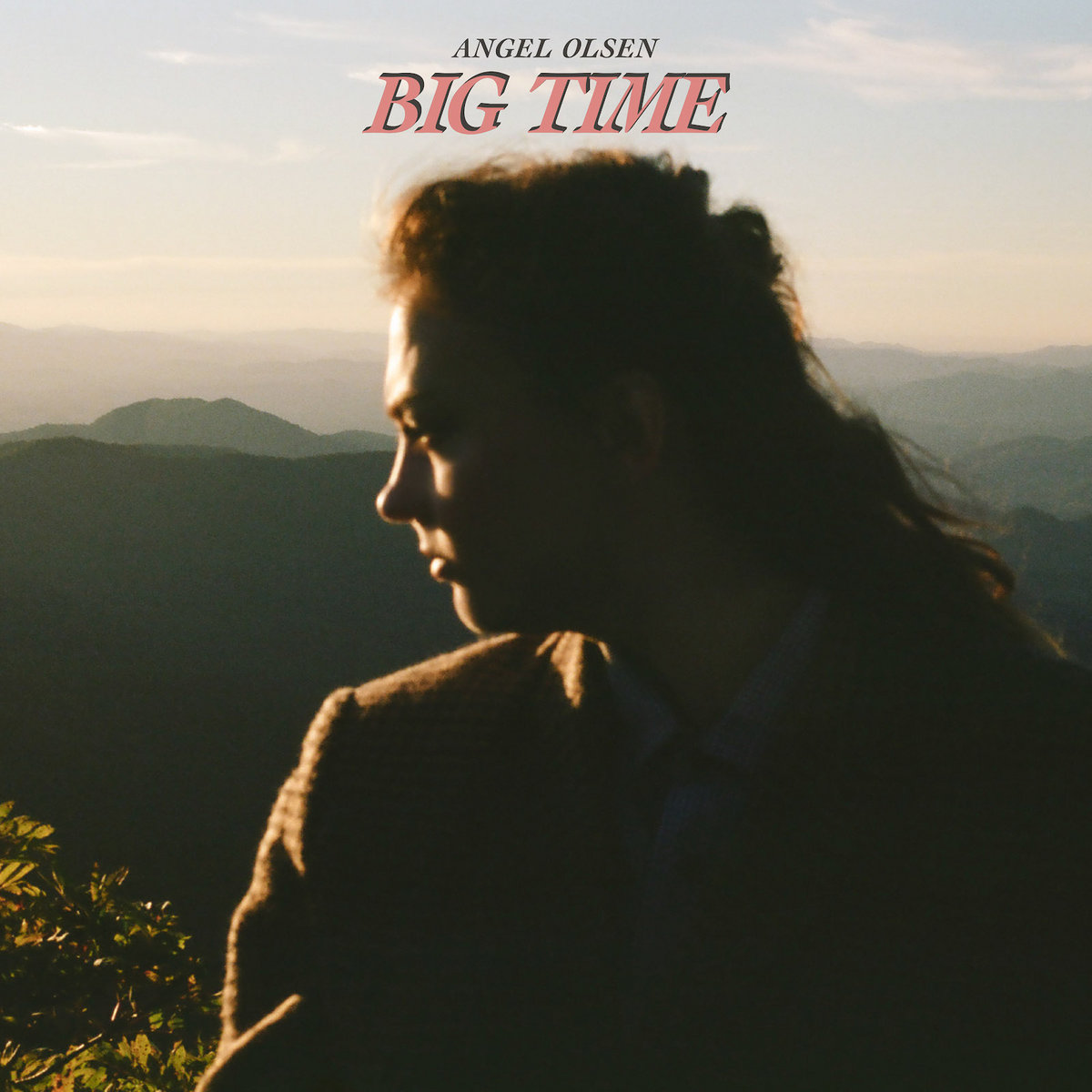Angel Olsen
Big Time
JAGJAGUWAR
Since releasing her debut album Half Way Home a decade ago, Angel Olsen has quite rightly been lauded as one of the best singer-songwriters of her generation. That’s because the Asheville, NC–based 35-year-old has an incredible knack for channeling heartbreak into soothing, beautiful, hushed lullabies that suture wounds while also rubbing salt into them. Does it hurt so much because they’re so good, or are the songs so good because they hurt so much? Either way, the raw, despondent honesty of her songs—and her delivery of them—is in turns un-self-conscious and harrowing, beautiful and tragic, and much more fragile than resilient.
For Big Time, her sixth full-length, Olsen has erected a country-tinged shield around the heart of her songs. That’s something she’s flirted with before in the past, but it’s never been so prevalent as it is now. And while the opening two songs—“All the Good Times” and the title track—don’t quite reach Shania Twain or LeAnn Rimes levels of countrification, the latter does almost feel like more of a country music pastiche than a sincere effort at conveying her usual heartfelt emotion. “Take to the lake, playing ‘Lady in Red’” she sings on the latter. “Hanging onto every word that you said.” For someone who’s been so adept at capturing her anguish to tape, both the lyrics and the production feel a little flat. Which, given that this record follows on from the recent death of both her parents, is hard and perhaps unfair to type.
That’s not to say country music can’t convey dark emotion effectively. Dolly Parton, Johnny Cash, Loretta Lynn, Hank Williams, and Waylon Jennings are all proof it can. But there’s often something odd and, ultimately, disingenuous, when an artist shifts into country mode—as Conor Oberst’s rather long affair with the genre demonstrated. Still, there are moments of forlorn glory here: the damaged, tentative strains of “Dream Thing,” the elegiac waltz of “Ghost On,” the smooth, jazzy whisper of “Through the Fires.” It just feels more like a persona than something personal. And when Olsen has been so effective at creating the latter, the former, despite the circumstances that inspired it, can only fail to measure up.









